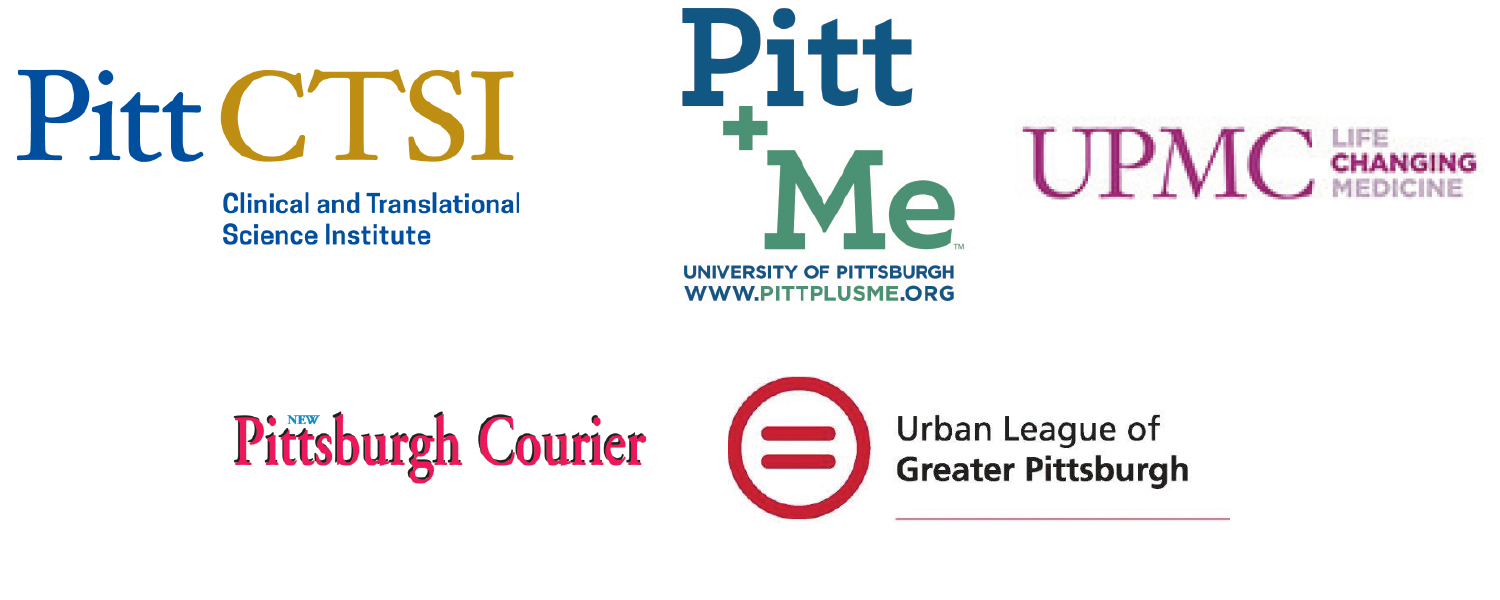Getty Images Stock Photo
Trauma affects everyone in some way, but it’s impact on Black people’s health continues to be profound, underacknowledged and undertreated. Fortunately, that’s changing. Pitt professor Dr. Kyaien O. Conner, Director of the Center on Race and Social Problems and Associate Dean for Justice, Equity, Diversity, and Inclusion, is at the forefront of a movement to study, train others, and offer community-based healing thru time-honored West African traditions.

DR. KYAIEN O. CONNER
Trauma and Black people’s health
Trauma is a deep emotional wound that affects Black individuals, communities, and generations. Left untreated, it contributes to health disparities for conditions like diabetes, heart disease, high blood pressure, cancer, depression, and anxiety.
Passing trauma to children and grandchildren
Dr. Conner studies trauma and its consequences on underserved communities, especially intergenerational (IG) and racial trauma.
Intergenerational trauma is emotional and psychological pain and suffering that’s passed from one generation to another. It happens to individuals when they experience child abuse and domestic violence for example. It also happens historically through forces like enslavement, Jim Crow laws, mass lynching, and mass incarceration.
IG trauma shows up in people’s behaviors, attitudes, and beliefs — and continues after the original trauma survivor is gone. Dr. Conner explains, “A woman who was physically abused as a child may have a harder time forming and maintaining attachments and relationships with others, which may affect how she parents her children. When her children are adults, they pass this parenting style on to their children and so on.”
Black people and communities also continue to experience racial trauma caused by the injustice of discrimination, prejudice, and bias especially in the form of police brutality.
Trauma and where you live
IG and racial trauma intersect where Black people live, learn, and work — and play a part in health inequities. “As Black people, we understand our ancestors were only valuable if they were strong and healthy,” explains Dr. Conner. “Now, 6 or 7 generations later, that enslavement trauma takes its toll on a Black woman who lives in an underserved, redlined neighborhood.
“This woman doesn’t have easy, affordable access to healthcare,” Dr. Conner continues. “She doesn’t trust healthcare providers. She’s been talked down to in clinics. She knows what the healthcare industry has done to Black people historically without their consent.”
Intergenerational trauma, Dr. Conner argues, has helped to create the image of the strong Black woman who can deal with things herself and is all things to all people. “This woman — who is indeed strong and capable — decides to skip her mammogram and is later diagnosed with late-stage breast cancer. Trauma from her ancestors has played a role in shortening her lifespan.”Hidden vs open racism
In addition to ongoing racial profiling, harassment, and inequities in education, income, and housing, Black people also experience racial trauma from microaggressions and code-switching.
Microaggressions are the subtle, everyday slights that communicate bias toward historically marginalized groups. Examples of racist microaggressions include being ignored at a store counter because you’re Black or being followed at a store to ensure you don’t steal something or being mistaken for a service worker. “All of this implies you are suspicious. You are less valued than others. You don’t belong,” Dr. Conner says.
Code-switching is a stressful survival strategy that takes place when Black people change their speech and behavior in white settings
Microaggressions and code-switching are types of hidden racism that can sometimes be more harmful emotionally than open racism. “When we experience clear racial discrimination, we know who to blame and where to find support,” Dr. Conner explains. “But when a white co-worker, tells you ‘you’re a credit to your race,’ you wonder. ‘Did she just tell me Black people aren’t as intelligent as white people?’ The meaning and motivation aren’t clear. There’s no one to clarify — and you’ve got to figure it out and decide how to react.”
Black trauma training
Part of Dr. Conner’s work centers on teaching clinicians and students how to assess, address, and treat Black patients’ trauma. Training focuses on identifying implicit bias, teaching cultural competency, and engaging in case studies and simulations.
Dr. Conner’s research also shows the value of educating young children and their teachers about hidden racism. “Our instinct is to shield young children from talk about racism, because they’re ‘too young to understand,’” she says. “But anyone who spends time with young children knows they understand a lot! It’s never too young to learn about how to avoid and deal with hurtful words — and to celebrate the beauty of diversity, equity, and inclusion.”
Healing trauma and West African culture
While trauma training and education are essential components of more equitable healthcare, there are non-traditional methods that promote healing through ancient ancestral connections.
Dr. Conner is also a professional West African dancer and has studied and published information about the physical and mental health benefits of West African Dance. She sees dance as a universal language of connection. She’s experienced and studied how African diaspora history, heritage, and culture advances healing and wellness and empowers Black people and communities.
“Many of us don’t have a direct link to where we came from,” she says. “But we do know that when our ancestors arrived in this country, they used dance, music, and song to cope with enslavement. Engaging in culturally based programs like The Legacy Arts Project here in Pittsburgh, reveals what was taken from us. That discovery is healing.”
Dr. Conner believes that when Black trauma is revealed, people are better able to take a step back from their behavior, understand it, claim it, and process it. “This is how you break the cycle,” she states. You don’t have to pass along the trauma you’ve experienced. You and future generations of your family can be free of it.”
